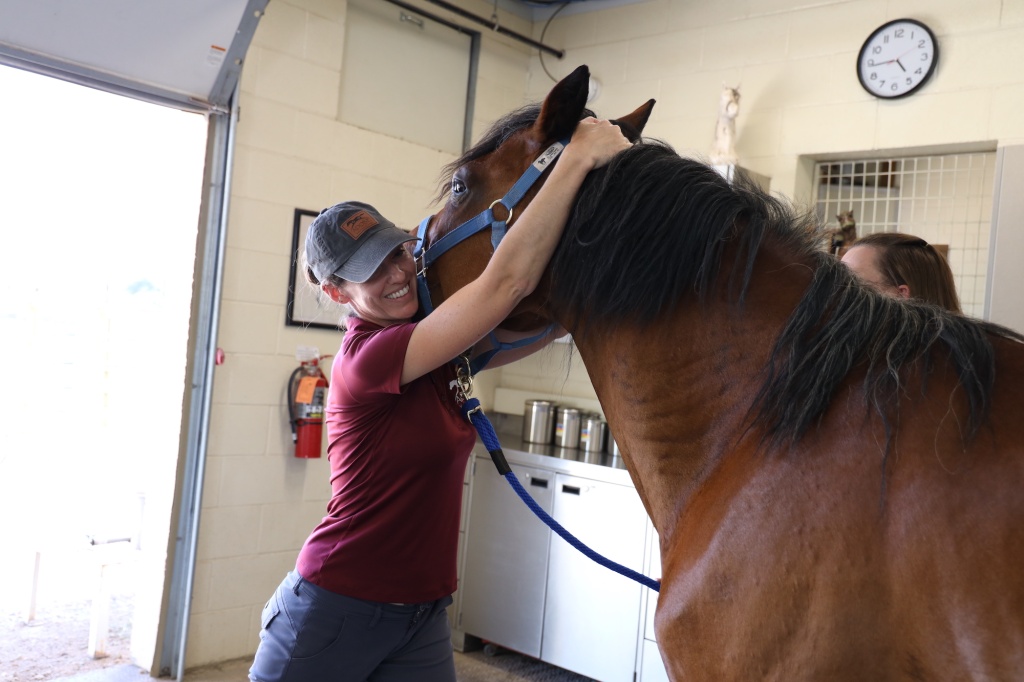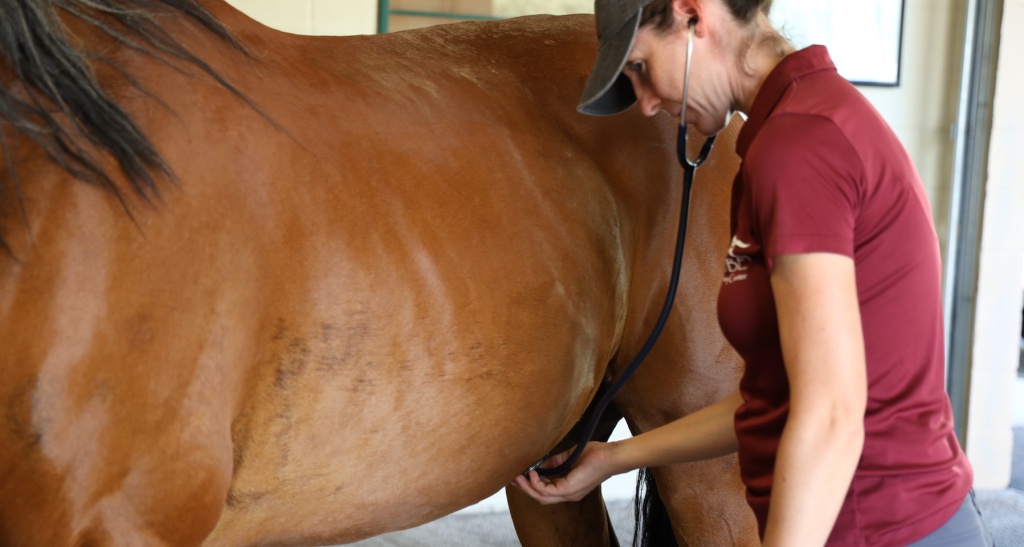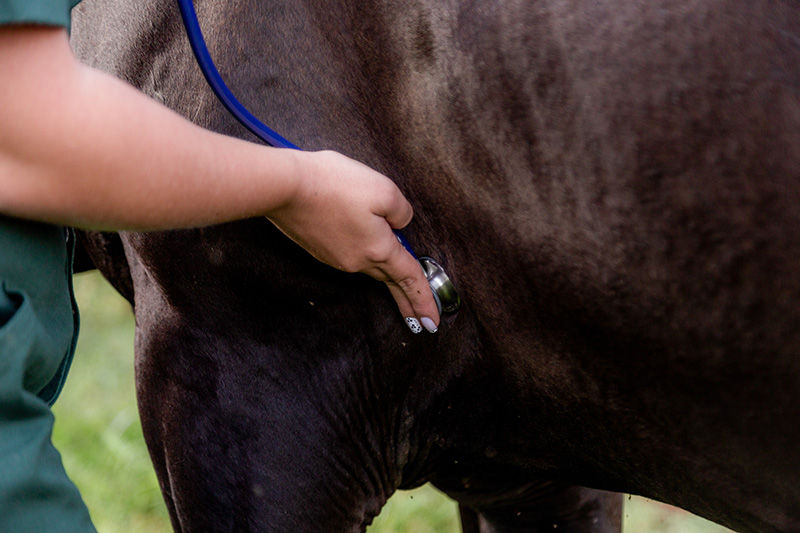Summer Pneumonia in Horses: Understanding the Risks and Prevention
As summer temperatures soar in Tucson, Arizona, horse owners should be aware of the increased risk of pneumonia in their equine companions. While many associate pneumonia with colder months, the hot, dry conditions of summer can also create an environment conducive to respiratory infections. Understanding the factors that contribute to summer pneumonia and recognizing its signs can help protect your horse’s health.
The Tucson Summer and Pneumonia Risks
Tucson’s summer weather is characterized by high temperatures, low humidity, and dry, sandy conditions. These environmental factors can significantly increase the risk of pneumonia in horses. The summer heat promotes the growth of bacteria normally found in horse manure, which can cause equine pneumonia. However, bacterial infections are not the only culprits. Other causes include:
- Viral Infections: Viruses can cause respiratory issues that lead to pneumonia.
- Fungal Infections: Fungi in the environment can infect the respiratory system.
- Immune-Mediated Disease: Certain diseases can weaken the immune system, making horses more susceptible to pneumonia.
- Aspiration Pneumonia: This occurs when feed material is inhaled into the lungs.
- Stress: Stress can inhibit the immune system, increasing the risk of infections.
How Does Bacteria Cause Pneumonia?
The bacterium Rhodococcus equi thrives in soil and manure, especially in hot and dry climates like Tucson. Organic acids found in horse manure further promote bacterial growth. Horses can inhale dust particles containing the bacteria from manure-contaminated soil, leading to lung infections. Foals are particularly vulnerable during their first week of life.


Recognizing the Signs of Pneumonia in Horses
Early detection of pneumonia is crucial for effective treatment and recovery. Key signs to watch for include:
- Coughing: Persistent coughing is a common symptom.
- Difficulty Breathing: Horses may show labored or rapid breathing.
- Fever: An elevated body temperature is a sign of infection.
- Chronic Cough: A persistent cough that doesn’t improve over time.
- Exercise Intolerance: Horses may be unwilling or unable to exercise normally.
In severe cases, pneumonia can be life-threatening if left untreated. If you notice any of these signs, it’s essential to consult a veterinarian immediately.
Prevention Tips for Summer Pneumonia
Preventing pneumonia involves proactive management and environmental control. Here are some tips to help reduce the risk:
- Dust Control: Minimize dust in barns and riding areas by regularly watering down surfaces.
- Manure Management: Keep stables clean and remove manure frequently to reduce bacterial growth.
- Ventilation: Ensure proper ventilation in barns to reduce dust and ammonia buildup.
- Monitor Foals: Pay extra attention to foals, especially during their first week of life, as they are more susceptible to pneumonia.
- Stress Reduction: Minimize stress through proper care and handling to support the immune system.
Vaccination: Consult with your veterinarian about appropriate vaccinations and preventive measures for your horse.
Ensuring Your Horse’s Respiratory Health This Summer: Partner with Adobe Veterinary Center
Summer in Tucson presents unique challenges for horse owners, but with vigilant care and proactive measures, the risk of pneumonia can be minimized. At Adobe Veterinary Center, we are committed to helping you maintain the health and well-being of your equine companions.
If you have any concerns or need assistance with preventive care, don’t hesitate to reach out to our team of experienced veterinarians. Together, we can ensure a healthy and enjoyable summer for your horses. Schedule an appointment today!

